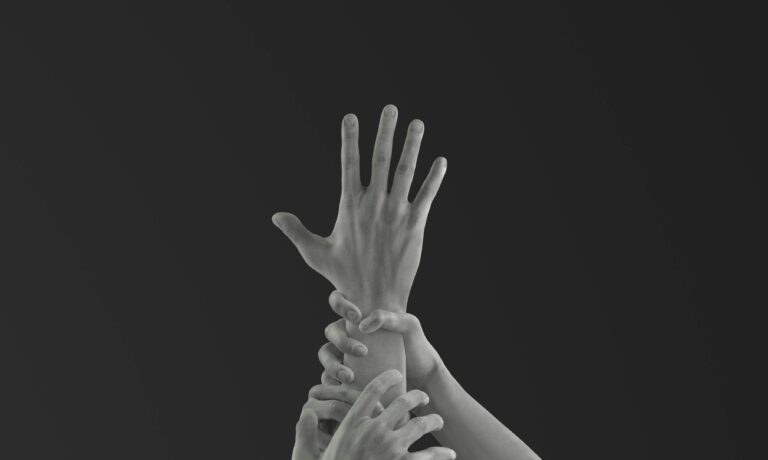Meccanismi della malattia Covid-19
This scientific project is being implemented by a project leader with six partners based in Lombardy, Tuscany, Liguria, Puglia and Lazio, but has a national impact.
Starting date
10 March 2021Duration
12 monthsRealized by:
Istituto di Ricerche Farmacologiche Mario Negri IRCCSObjectives
Identifying genetic factors responsible for the individual susceptibility to serious COVID-19 symptoms. The goal is to identify specific genes and variants linked to the presence of acute pneumonia caused by the SARS-CoV-2 infection.
Using cell models and in silico analysis, studying the functional consequences of the variants of the genes identified in the first objective and studying the association between such genes and the viral load and how various organs are affected. The goal is to identify the target molecules to treat the disease.
Defining the important viral elements in the pathogenesis by building a mutational map of the virus genome based on the analysis of the RNA editing in the viral transcriptome. The goal is to identify the viral regions that can help develop new strategies to limit infectiousness.
Genetic and pathogenetic mechanisms responsible for COVID-19 onset.
Italy was the first European country to experience the epidemic wave of the SARS-CoV-2 infection with an unexpected clinical severity compared to other countries. Currently, while the majority of infected patients experience mild symptoms, a subclass of patients develops acute pneumonia requiring intensive care. The most severely affected are often elderly or have comorbidities. However, these factors per se are not sufficient to explain the differences in terms of severity. A genetic difference is assumed to be responsible for this clinical variability. Consequently, it is paramount to identify the genetic variants associated with disease severity, integrating them in clinical care that allow for the development of effective treatment based on a personalized approach, as well as in new diagnostics that consider the viral genetic variability of the host.
The project intends to develop a genetic approach to understand the clinical variability of COVID-19 by collecting biological samples from approximately 3,000 Italians infected by SARS-CoV-2 and their clinical information. The research hypothesis states that the range of clinical expressions of COVID-19 — from absence of symptoms to influenza or serious lung infection — depends on the host’s genetics. The GEN-COVID consortium’s large sample repository and genotyping, and the combined and integrated approach (including machine learning elements) adopted by the Istituto Mario Negri will ensure the identification of one or more candidate genes responsible for pneumonia and their use for prognosis and treatment and/or prevention purposes. Through the strategies that will be developed, this project aims to accelerate the development and use of global treatment strategies to combat the ongoing pandemic, thanks to an advanced approach, cutting-edge tools and technologies, and the strong dedication of partners.
Alongside the project leader (Istituto di Ricerche Farmacologiche Mario Negri IRCCS — Pharmacogenomics Unit), the following entities are involved in the project:
Università di Siena — Medical Biotechnologies Department, Istituto per lo Studio, la Prevenzione e la Rete Oncologica (ISPRO) — Central Research Laboratory, IRCCS Azienda Ospedaliero Universitaria San Martino — Department of Health Science (DiSSal) infective diseases unit, C.N.R. Istituto di Tecnologie Biomediche, Fondazione IRCCS Casa Sollievo della Sofferenza — Medical Genetics, Fondazione Policlinico Universitario “A. Gemelli” IRCCS — Microbiology.
Background photo created by kjpargeter – www.freepik.com



